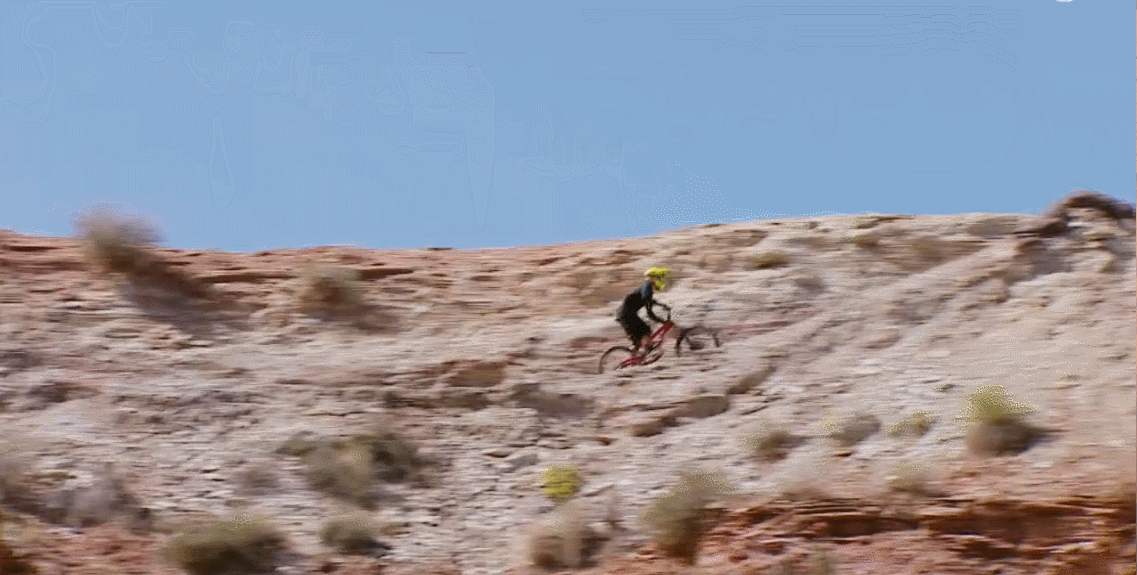Pietermaritzberg is the track that Internet Warriors and
perennial World Cup under-achievers seem to loath and dread in equal measure.
They fear its dry, dusty, physicality; they run scared from the notorious
motorway section and scoff at the technicality of the increasingly difficult
top section.
Firstly, I think it’s great that a track can generate so
much discussion, it speaks volumes of a community that clearly love their sport
enough to produce the passionate tirades that are ubiquitous across forums and
message boards.
Unfortunately however, I think most of what is said is
unfounded and wrong.
As much of a pity as it is, most of us will never be able to
visit every World Cup race in a year, the viewing figures on the internet are
massive compared to actual live audiences. The tracks that many people are
imagining - rugged hillsides, dense forests and massively steep chutes, simply aren’t
suitable for filming on.
The two best races of recent years were the World Champs of
2011 and Andorra 2013, but the reason they were so good was because a relative
unknown pulled out an unbelievable run to take the win. The actual race footage
itself (minus Rob Warner’s commentary) was quite average, the crews couldn’t even
access the gnarliest bits of the track.
At Pietermaritzberg you get an uninterrupted minute of
footage of the bottom section of the track, watching the riders style it over
the final hip is genuinely great, the same is true of the cable cam shots at
Hafjell.
Frankly, I would take a better viewing experience of the
race live for a majority of the audience at the expense of ‘pure’ downhill,
than risk losing the coverage altogether.
If the coverage of our sport starts to dip so will the
sponsors interest which in turn will lead to a slowing of product development.
If I’m honest I don’t really want every Tom, Dick and Harry joining me at my
local trails, but I do want the sport to remain popular enough for me to drool
over new kit every year.
We also need to think about the tracks themselves. I agree,
there’s nothing better than watching a top rider smash into a loamy berm,
spraying roost wildly before sprinting away, but this simply isn’t sustainable.
Loose, dusty, rutted trails simply can’t stand the abuse of thousands of runs
from the world’s top riders, these guys ride hard!
When a track is changing so much that it makes practice
irrelevant and your results depends massively on where you qualify, it becomes
a pointless exercise. You can’t know who the best in the world is unless they
all ride on a track that’s comparable, with a reliable surface. As odd as it
sounds, a bit of consistency is no bad thing, at least it gives our sport
credibility rather than being an expensive game of Russian roulette on an
uneven playing field.
But what says most about the suitability of Pietermaritzberg
is not looking at who shouts the loudest, but who says nothing at all. Both the
Athertons, Minaar, Gwin and Smith, the sport’s consummate professionals and
champions all keep quiet on the subject, they get their heads down, they train
and they consistently win.
Like it or not, bike park style tracks are becoming part of
mountain biking, and frankly we encourage them by watching and sharing endless
Whistler edits. The complete modern day mountain biker can compete as strongly
and consistently on these tracks as they can on Val di Sole or Andorra, and
that is the bottom line.






